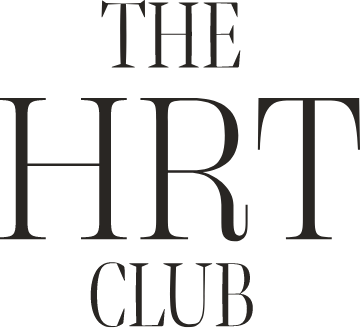What is the estrobolome and how does it impact hormonal health?
Attribution: Image by Freepik
Medically Reviewed by Andrea Caamano, Director of Medical Affairs, The HRT Club
When most people think about perimenopause, the first things that come to mind are hot flashes, night sweats, or mood swings. But emerging science is shining a spotlight on an unexpected player in this transition: your gut microbiome. Specifically, a collection of bacteria known as the “estrobolome” may play a powerful role in how your body regulates estrogen—and how you feel during perimenopause.
What Is the Estrobolome?
The estrobolome refers to the group of gut bacteria responsible for metabolizing and recycling estrogen. These microbes produce an enzyme called beta-glucuronidase, which can reactivate estrogen in the gut, allowing it to re-enter circulation. In other words, your estrobolome helps determine how much estrogen is available in your system at any given time.
For women in perimenopause—when natural estrogen levels are declining and fluctuating—supporting the estrobolome may help smooth out some of the rollercoaster symptoms.
How Gut Health and Hormones Connect
A healthy gut microbiome supports a balanced estrobolome, which in turn can:
- Help maintain more stable estrogen levels
- Support bone health, heart health, and cognitive function
- Ease symptoms like hot flashes, mood changes, and sleep disruptions
On the flip side, an imbalanced gut (a state called dysbiosis) may worsen estrogen deficiency, contributing to more intense perimenopausal symptoms.
Diet, Lifestyle, and the Estrobolome
Research suggests that diet plays a huge role in the diversity and strength of the gut microbiome. Foods that can support the estrobolome include:
Fiber-rich plants: Aim for 30 different fruits, vegetables, legumes, and grains each week.
Prebiotics & probiotics: Foods like garlic, onions, sauerkraut, and yogurt support gut flora.
Polyphenol-rich foods: Berries, green tea, and dark chocolate help reduce inflammation.
Emerging studies have even highlighted unusual but promising options like mushrooms and seaweed, which may help nourish gut bacteria in unique ways.
Where HRT Fits In
While gut health is a vital part of hormone balance, it can’t fully replace the decline in estrogen that occurs in perimenopause and menopause. This is where hormone replacement therapy (HRT) comes in. HRT can restore estrogen to protective levels, supporting bone density, heart health, and symptom relief. Pairing HRT with gut-healthy habits may provide the most comprehensive approach: estrogen replacement for systemic health, and estrobolome support to optimize how your body processes and utilizes hormones. Talk to your doctor (or find a menopause specialist here) to see if a combination of an estrobolome-healthy diet and HRT are right for you.
The Bottom Line
The gut and hormones are more connected than ever imagined. By supporting your estrobolome with diet and lifestyle—and considering HRT if symptoms are interfering with your quality of life—you can help your body navigate the perimenopausal transition with more ease.


